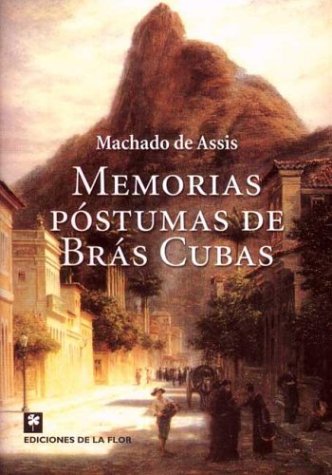

Like chess pieces, Rio’s well-born ladies could make only a few authorized moves (Machado was a chess fanatic), but everything was theirs to win or lose.Ībove all looms the figure of the bibliomane. Machado remained fascinated by femininity and the strictures governing the lives of women - it’s why he reminds me of Munro. The title of an early work characterizes them well: “Much Heat, Little Light.”Ĭertain preoccupations persist: alluring widows, naïve young men, a fondness for coincidence. The endings are frequently murky and strange, often abruptly truncated. If this collection of 76 stories (culled from more than 200) cannot rise to their ranks, it still offers a different and valuable vantage point - especially for readers who like to keep an eye on the life as well as the art. The gentle romantic blossomed into a wicked ironist whose authorial intrusions, jump cuts and sheer mischief influenced American experimentalists like John Barth and Donald Barthelme.įive novels produced in this period - including his masterpiece, “The Posthumous Memoirs of Brás Cubas” (1881) - cemented his reputation. Prolonged illness (Machado was epileptic), and the near loss of his sight, snapped him to attention.

Out of a regimen of ferocious self-education, he established himself, initially as a writer of slender romances for and about the women of the ruling elite.īut in 1879, his style changed - or rather, it arrived. He had no formal education or training like Twain, his contemporary, he got his start as a printer’s apprentice. The protean, stubbornly unclassifiable Machado was born into poverty, the mixed-race grandson of freed slaves. What’s going on here? What kind of writer induces such rapturous and wildly inconsistent characterizations? What kind of writer can star in so many different fantasies? To further complicate matters, Machado has always reminded me of Alice Munro. In the foreword to “The Collected Stories of Machado de Assis,” published this month, the critic Michael Wood invokes Henry James, Henry Fielding, Chekhov, Sterne, Nabokov and Calvino - all in two paragraphs. Others cite Gogol, Poe, Borges and Joyce. Harold Bloom called him a descendant of Laurence Sterne, and Philip Roth compared him to Beckett. To Stefan Zweig, Machado was Brazil’s answer to Dickens. In the Anglophone world, a similar kind of confusion surrounds Joaquim Maria Machado de Assis (1839-1908), the son and sly chronicler of Rio de Janeiro whom Susan Sontag once called “the greatest writer ever produced in Latin America.” “A tree trunk,” insists a third, feeling his way around a leg. “Nonsense an elephant is a fan,” says another, who holds an ear.


“An elephant is like a snake,” says one, grasping the trunk. In a famous Hindu parable, three blind men encounter an elephant for the first time and try to describe it, each touching a different part.


 0 kommentar(er)
0 kommentar(er)
